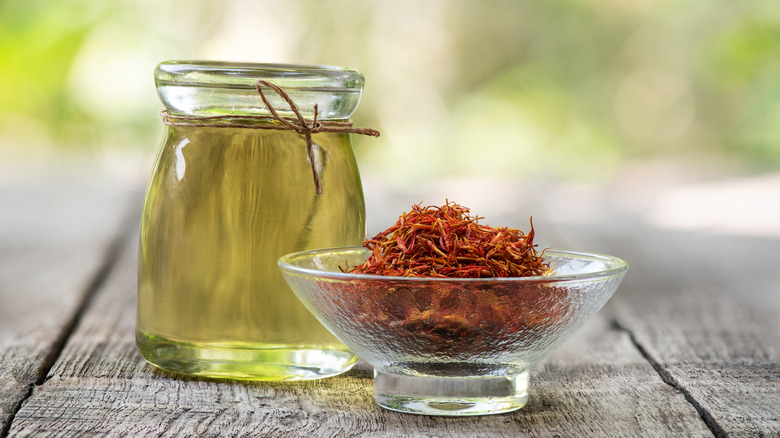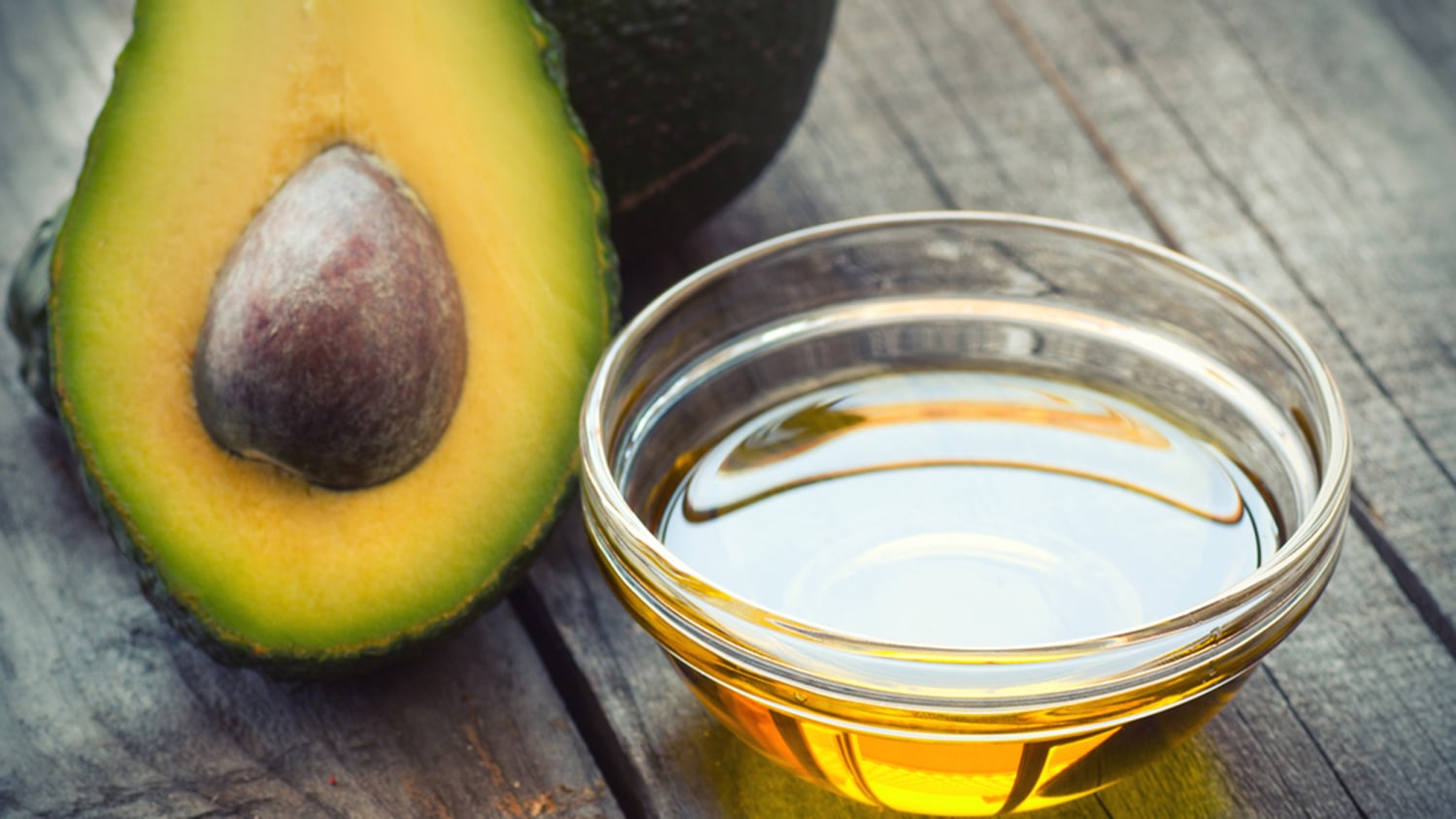How is Canola Oil Processed and Why It Matters to Beauticians?
As a beautician, understanding the ingredients you use in your treatments is crucial, especially when it comes to oils. One of the most commonly used oils in beauty products today is canola oil. So, the question arises, how is canola oil processed? This article dives deep into the processing of canola oil and its implications for beauty treatments.
Canola oil comes from the seeds of the canola plant, a hybrid of the rapeseed. It is not only popular in cooking but also finds its place in numerous skincare and haircare products. The process behind canola oil production involves several steps, each crucial in determining its quality and properties.

1. Seed Harvesting
The first step in understanding how is canola oil processed starts at the sourcecanola seeds. The seeds are harvested when they are mature. Timing is essential, as it impacts the oils quality. Ideally, seeds should be harvested at the right moisture content to prevent spoilage.

2. Cleaning and Preparation
After harvesting, the seeds undergo a thorough cleaning process to remove impurities such as soil, stems, and other debris. This stage is critical as any contaminants can affect the flavor and nutritional value of the oil.

3. Extrusion and Pressing
The cleaned seeds are then subjected to a method called extrusion, which involves heating them before pressing. This makes it easier to extract the oil. The pressing process can either be cold or hot:
- Cold-Pressed Method: Produces a higher quality oil with better taste and nutritional benefits.
- Hot-Pressed Method: Results in higher yields but may degrade some of the beneficial properties of the oil.

4. Refining the Oil
Once the oil is extracted, it undergoes refining. This step removes any unwanted by-products, flavors, or colors to produce a clear and light oil. The typical refining process includes:
- Degumming: Removes phospholipids and impurities.
- Neutralization: Balances the acidity of the oil.
- Bleaching: Removes pigments that affect color.
- Deodorization: Removes odorous compounds to ensure a neutral smell.
5. Bottling and Distribution
After refining, canola oil is bottled and labeled, ready for distribution. It's important for beauticians to ensure they are purchasing high-quality canola oil, which can be verified through certifications on the label.
Why Understanding the Processing of Canola Oil Matters
For beauticians, using quality ingredients can significantly affect the efficacy of beauty treatments. Here are a few reasons why understanding the process is beneficial:
- Quality Assurance: Knowing how canola oil is processed helps you choose the best products for your clients.
- Benefits of Cold-Pressed Oils: Cold-pressed canola oil retains more nutrients beneficial for skin and hair.
- Ingredient Knowledge: Being educated about your components allows you to tailor treatments to individual needs.
Using Canola Oil in Beauty Treatments
Now that we've examined how is canola oil processed, lets look at how it can be utilized in beauty treatments:
- Moisturizer: Canola oil can hydrate skin due to its rich essential fatty acids.
- Hair Treatment: It acts as a great conditioner, providing moisture to dry hair.
- Massage Oil: Its smooth texture makes it ideal for massages, easily gliding over the skin.
For those interested in the different uses of oils, you may want to check out Smart Uses for Vegetable Oil.
Environmental Considerations
As beauticians, it is essential to recognize sustainability in beauty products. Canola oil is generally considered a sustainable crop, but over-reliance could lead to negative agricultural practices. Being mindful of the environmental implications of sourcing canola oil can enhance beauty treatments while supporting eco-friendliness.
Common FAQs about Canola Oil Processing
1. Is Canola Oil Safe for All Skin Types?
In general, canola oil is non-comedogenic, meaning it usually does not clog pores. However, testing a small area first is always advisable.
2. Can I Use Canola Oil for Cooking and Beauty Applications?
Yes, both cooking and beauty applications can utilize canola oil, but ensure you use high-quality oil for cosmetics.
3. What are the Benefits of Using Canola Oil in Haircare?
Canola oil is known for its ability to nourish and moisturize hair, helping to prevent dryness and damage.
To learn more about how to incorporate oils into your kitchen, consider checking out Cleaning Your Kitchen.
As an Amazon Associate, I earn from qualifying purchases.

